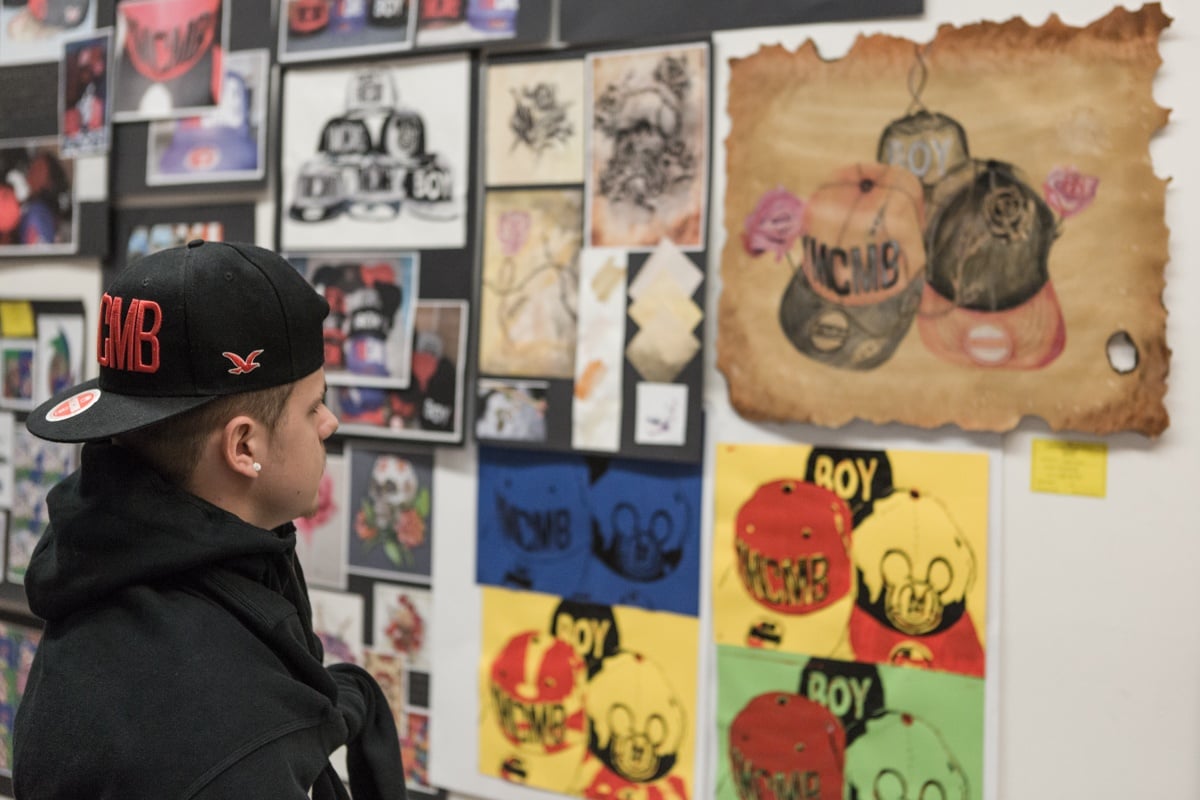
Tips for delivery and assessment: Bronze
BY: Kat Stapley-Smith
06 Sep 2023
Whether you are entering young people for Bronze soon or you're planning your upcoming Bronze delivery, this blog has some great tips and advice and is based on common queries the team deal with and feedback from moderators... A general point to remember about Bronze is that even though there’s more expected of young people in terms of their personal reflection and leadership skills than there is for Explore, that doesn’t necessarily mean additional written work. All Arts Award levels can be completed in any format, so be creative! Blogs, vlogs, photographs, audio and video recording...
If your centre is selected for moderation, a moderator will look to see that the evidence is there and has been assessed accurately – there’s no expectation for anything to be presented in a particular way.
Part A: explore the arts as a participant
Young people can take part in any art form for Part A, but make sure that whatever the art form it’s clearly identified in their portfolio. There should be a summary of what each young person did, along with evidence of what they have learnt and how their interest, knowledge and skills have developed. This could take the form of previous drafts, feedback from others or annotated photos, for example.
Part B: explore the arts as an audience member
The arts event or experience reviewed can be something a young person enjoys on their own, so if anybody you’re working with has reviewed, for instance, a gig they attended in their own time that’s fine! As long as there’s some evidence and a description of the event – tickets, flyers, URL, photographs etc. – then it can be included.
As for the review, it should focus on the event’s creative impact and quality rather than things like the venue or journey to it. We also want young people to share their review, so consider whether there’s evidence of this taking place.
A common query is whether or not young people need to attend a live event, something which is difficult for some groups. The short answer is that young people can review any arts event: they could watch a film or performance online, for example. Provided that the event has an arts focus and the young person’s review has been shared, be it online or in person, there’s no requirement to have travelled to a particular venue, or to have watched a live event.
Part C: arts inspiration
With this part it’s important that the figure chosen has a link to the arts. We’ve had queries about figures from the world of sport, politics, fashion and beyond. As an adviser you need to ask: has the young person focused on their inspiration’s arts work? If an athlete or politician has written or designed something then that should be the main area of interest for Part C.
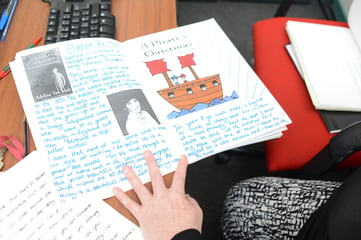
Sometimes this won’t always be obvious, and there’s a chance you may never have heard of somebody’s inspiration – that’s okay! The moderator doesn’t need to know who the inspiration is either. Provided that the evidence demonstrates the young person’s research of their inspiration and their arts practice, career, life and work the chosen subject can be someone completely unknown to you and the moderator.
Part D: arts skills share – passing on arts skills to others
When assessing Part D remember that young people should plan, do and review. 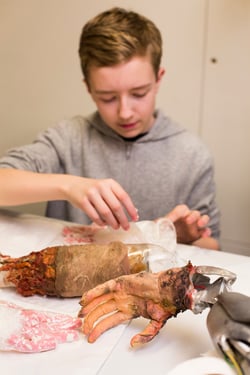 Their skill share should be considered before it takes place; you need to see evidence of it taking place; and there should be some reflection from the young person on how it all went. Finally, ensure that an arts skill has been passed on: it has to be related to some area of arts practice.
Their skill share should be considered before it takes place; you need to see evidence of it taking place; and there should be some reflection from the young person on how it all went. Finally, ensure that an arts skill has been passed on: it has to be related to some area of arts practice.
Don’t be afraid to ask!
We realise that there are a lot of possible things which could come up throughout a Bronze award, and this blog has only covered some of the ones we’ve encountered frequently. But if you have any questions then do get in touch and speak to the team!
Call our helpdesk on 020 7820 6178 or email artsawardenquiries@trinitycollege.co.uk.
Related posts
BY: Guest Writer
BY: Alan Lynch

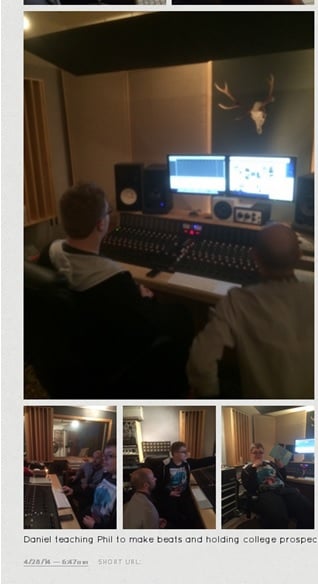
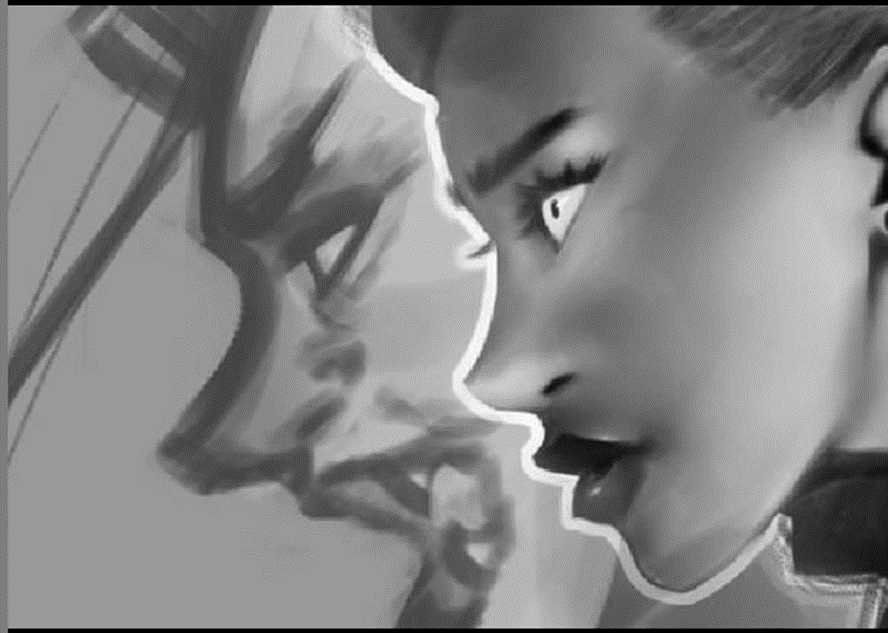
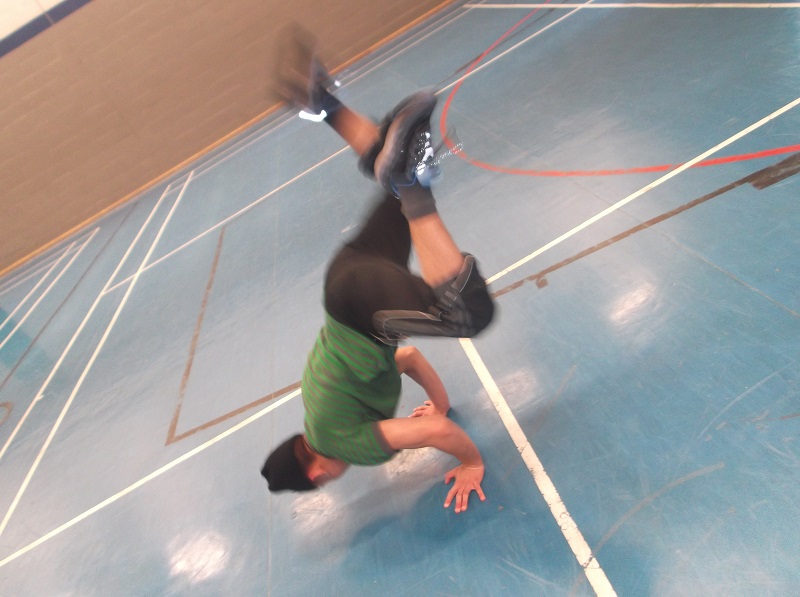
Comments & Replies